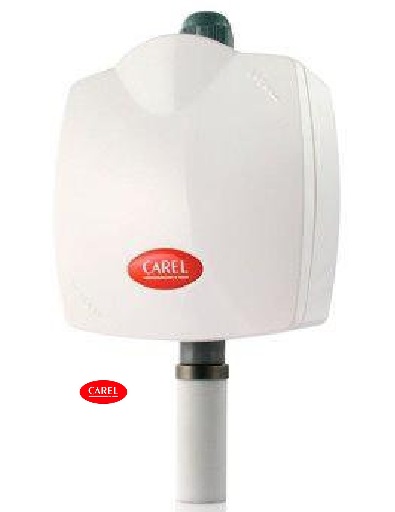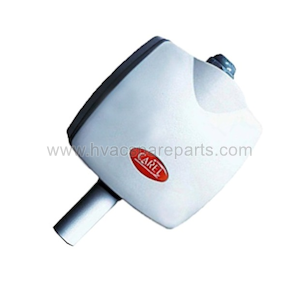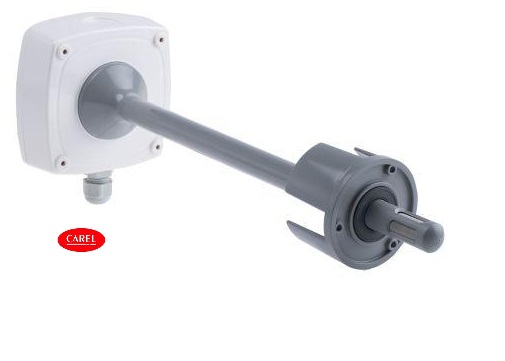From United State & Canada: ☎️ 1 800 798 3409
- Copper Pipes and Copper connections
-
Valves
- Heat Exchangers
- Pressure switches and thermostats
- Water Pumps And Motors
- Sight Glasses
- Sensors and Transmitters
- Contactors and Motor Starters
- Electronic Controls
- Liquid Level Controls
- Filters and Strainers
- Oil separators Liquid receiver
- HVAC Installation Maintenance
- Cold Rooms
- Cold Rooms With Monoblocks Or Splits Units
- Cold Rooms Of 1 To 3 M3 Of Volume Equipped With Refrigeration Equipment
- Cold Rooms From 3 To 6 M3 Of Volume Equipped With Refrigeration Equipment
- Cold Rooms From 6 To 9 M3 Of Volume Equipped With Refrigeration Equipment
- Cold Rooms From 9 To 12 M3 Of Volume Equipped With Refrigeration Equipment
- Cold Rooms From 12 To 15 M3 Of Volume Equipped With Refrigeration Equipment
- Cold Rooms From 15 To 18 M3 Of Volume Equipped With Refrigeration Equipment
- Cold Rooms From 18 To 21 M3 In Volume Equipped With Refrigeration Equipment
- Cold Rooms From 21 To 24 M3 Of Volume Equipped With Refrigeration Equipment
- Cold Rooms From 24 To 27 M3 Of Volume Equipped With Refrigeration Equipment
- Cold Rooms From 27 To 30 M3 Of Volume Equipped With Refrigeration Equipment
- Cold Rooms From 30 To 33 M3 Of Volume Equipped With Refrigeration Equipment
- Cold Rooms From 33 To 36 M3 Of Volume Equipped With Refrigeration Equipment
- Cold Rooms From 36 To 39 M3 Of Volume Equipped With Refrigeration Equipment
- Cold Rooms From 39 To 42 M3 Of Volume Equipped With Refrigeration Equipment
- Cold Rooms From 42 To 45 M3 Of Volume Equipped With Refrigeration Equipment
- Freezer Rooms
- Freezer Rooms With Monoblocks Or Splits Units
- Walk In Freezers From 1 To 5 M3 Of Volume Equipped With Refrigeration Equipment
- Walk In Freezers From 5 To 10 M3 Of Volume Equipped With Refrigeration Equipment
- Walk In Freezers From 10 To 15 M3 Of Volume Equipped With Refrigeration Equipment
- Walk In Freezers From 15 To 20 M3 Of Volume Equipped With Refrigeration Equipment
- Walk In Freezers From 20 To 25 M3 Of Volume Equipped With Refrigeration Equipment
- Walk In Freezers From 25 To 30 M3 Of Volume Equipped With Refrigeration Equipment
- Walk In Freezers From 30 To 35 M3 Of Volume Equipped With Refrigeration Equipment
- Walk In Freezers From 35 To 40 M3 Of Volume Equipped With Refrigeration Equipment
- Walk In Freezers From 40 To 45 M3 Of Volume Equipped With Refrigeration Equipment
- Walk In Freezers From 45 To 50 M3 Of Volume Equipped With Refrigeration Equipment
- Walk In Freezers From 50 To 55 M3 Of Volume Equipped With Refrigeration Equipment
- Walk In Freezers From 55 To 60 M3 Of Volume Equipped With Refrigeration Equipment
- Walk In Freezers From 60 To 65 M3 Of Volume Equipped With Refrigeration Equipment
- Walk In Freezers From 65 To 70 M3 Of Volume Equipped With Refrigeration Equipment
- Starting & Running Capacitor
BUY CAREL SENSOR
The best price to buy Carel Sensors
FiltersWhat is a sensor?
A sensor is an input device that shares an output in the form of a signal with respect to a particular physical quantity (also known as input). In other words, it is a device that converts signals from an energy domain to an electrical domain. Therefore, a sensor is part of a larger system that shares information with a main control system. In general terms, a sensor could be not only a device, but also a module, a machine or a subsystem that aims to 'detect' events or changes in its environment and pass this information to other electronic devices, most of the time to a computer processor. This means that a sensor is always used together with other electronic elements. They are used in dozens of everyday objects that measure physical properties such as temperature, pressure, resistance, capacitance, conduction, heat transfer, etc. Current technological advances have paved the way for more microscopic-scale sensors to be produced such as microsensors using MEMS technology. These microsensors typically measure much faster and are more sensitive. And thanks to the growing demand for fast, affordable and reliable information in today's world, disposable sensors, which cost less and are easy to use, making them ideal for short-term monitoring, are quite popular today.
How does a sensor work?
A sensor is used to detect changes in its environment and react to some output in another system. A sensor converts a physical phenomenon into an analog voltage (or sometimes a digital signal) that can be measured and converted to a readable display or passed to another system for reading or further processing.
Carel temperature sensor
What do temperature sensors do? A temperature sensor is a device that is designed to measure the degree of heat or cold in an object. The operation of a temperature gauge depends on the voltage across the diode. The temperature change is directly proportional to the resistance of the diode. The cooler the temperature, the lower the resistance, and vice versa. The resistance across the diode is measured and converted into readable units of temperature (Fahrenheit, Celsius, Centigrade, etc.) and displayed numerically above the readout units. In the field of geotechnical monitoring, these temperature sensors are used to measure the internal temperature of structures such as bridges, dams, buildings, power plants, etc. The temperature sensors are designed for regular monitoring of concrete structures, bridges, railways, floors, etc.
Buy Carel sensor
To buy a Carel sensor, visit our website, you will find a wide variety of items that you will need either for your home or for large installations. There are many types of temperature sensors, but the most common way to categorize them is based on the mode of connection which includes contact and non-contact temperature sensors. Contact sensors include thermocouples and thermistors because they are in direct contact with the object they are to measure. While non-contact temperature sensors measure the thermal radiation released by the heat source. Such temperature gauges are often used in hazardous environments such as nuclear power plants or thermal power plants.
Contact temperature sensors
These guys need to touch the object they're measuring the temperature of, whether it's a solid, liquid, or gas. They actually only measure their own temperature, but we infer that the temperature of whatever they are in contact with is in thermal equilibrium (i.e. they have the same temperature). Common types of contact temperature sensors include thermocouples, RTDs, thermistors, thermostats, and semiconductor temperature sensors. They should be used when you can make good thermal contact between the device and what you are measuring. It is also easier to achieve continuous monitoring and data collection with contact thermometers.
Non-contact temperature sensors
These determine temperatures from a distance, by measuring the thermal radiation emitted by an object or heat source. Applications for these are often in high temperatures or hazardous environments where it is necessary to maintain a safe distance from a particular body. Infrared and thermal imaging sensors are the most common type of non-contact temperature sensor and are used in the following circumstances: when the target object is moving (such as on a conveyor belt or inside moving machinery), if it is over a long distance if there is a dangerous surrounding environment (such as high voltages) or at extremely high temperatures where a contact sensor would not work properly.
Sale of Carel sensors
We all use temperature sensors in our daily lives, whether in the form of thermometers, home water heaters, microwaves, or refrigerators. Generally, temperature sensors have a wide range of applications, the field of geotechnical monitoring being one of them. Inside our homes, temperature sensors are used in many electrical appliances, from our refrigerators and freezers to help regulate and maintain cold temperatures, as well as inside stoves and ovens to ensure they are heated to levels needed for cooking , confectioneries/air heaters. Even our common battery chargers use them to prevent overcharging or undercharging based on battery temperature measurement.
Privacy Policy
Terms of Use
Returns and refunds
HVAC price catalog
Copyright © 2020 hvacspareparts.com
TRADEXUS MARKET, LLC
7345 W Sand Lake Rd,
STE 210 office 5361
Orlando, FL 32819 US
AACORE SUPPLY
C/ de Viver, 25, bajo Local, 46020
Valencia, España
МаркетВекс
Ул. Марагидик 19, етаж 2, офис 1
8000 Бургас, България
La Central du Froid SARL
Nº 12, Av Moulay Abdelhafid
90090 Tanger, Maroc
Opening Hours.
Our shops: Monday to Friday: 07.00 am - 01.00 pm (EST)
Online: 7 days a week, 365 days a year
Menu
- Heat Exchangers










